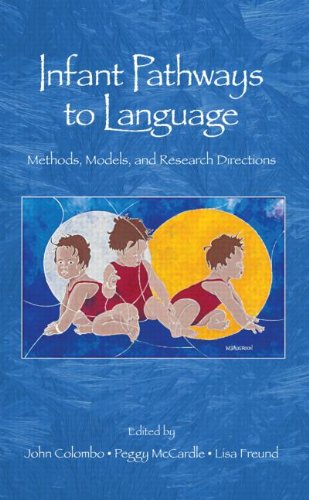

Most ebook files are in PDF format, so you can easily read them using various software such as Foxit Reader or directly on the Google Chrome browser.
Some ebook files are released by publishers in other formats such as .awz, .mobi, .epub, .fb2, etc. You may need to install specific software to read these formats on mobile/PC, such as Calibre.
Please read the tutorial at this link: https://ebookbell.com/faq
We offer FREE conversion to the popular formats you request; however, this may take some time. Therefore, right after payment, please email us, and we will try to provide the service as quickly as possible.
For some exceptional file formats or broken links (if any), please refrain from opening any disputes. Instead, email us first, and we will try to assist within a maximum of 6 hours.
EbookBell Team

4.1
10 reviewsThe recent progress in cognitive neuroscience, and the importance of genetic factors and gene-environment interactions in shaping behavioral functions in early childhood, have both underscored the primacy of early experience and development on brain development and function.
The contributors to this volume discuss different paradigms and approaches in infant language and cognition, pushing the frontiers of research by innovatively combining methods, introducing new measures, and demonstrating the use of technologies and measurement approaches that can inform the study of word learning and categorization, gaze, attention, gesture, and physiological functions. The volume offers a blend of theories and empirical evidence to support, refute, or modify them. Most chapters examine the link between theory and methodology, and their appearance together in a single volume serves to inform and engage multiple disciplines, to engage everyone to think across disciplines and paradigms, to embrace the integration of creativity and science as the field continues to study in greater depth and with innovative measures and approaches, the infant pathways to language.
The volume is essential reading for a wide range of students, researchers, and professionals with an interest in infant cognitive and language development.